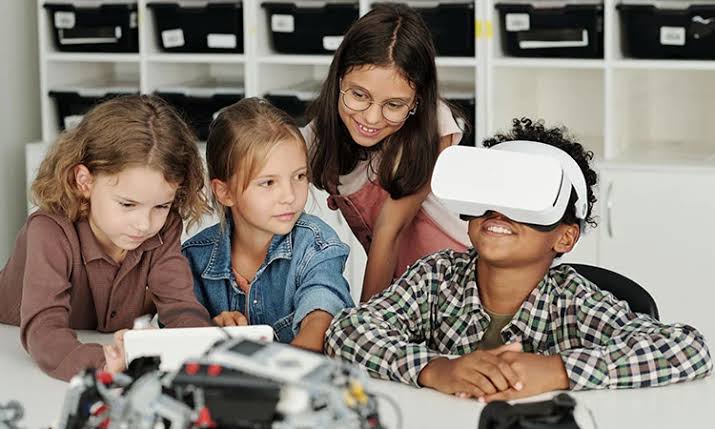The Impact of Virtual Reality on Canadian Education
Virtual Reality is transforming the way education is delivered in Canada, offering immersive learning experiences that go far beyond traditional classroom settings. By creating interactive, simulated environments, VR allows students to engage with subjects in ways that improve understanding, retention, and enthusiasm for learning.
One of the key impacts of VR in Canadian education is its ability to bridge geographical and resource gaps. Students in remote areas can experience world-class lessons, virtual field trips, and hands-on simulations without leaving their communities. For instance, history students can walk through virtual reconstructions of ancient civilizations, while science learners can explore the human body in 3D. This ensures educational equality and access to high-quality content across the country.
VR also supports inclusive learning by catering to different learning styles. Students who struggle with text-heavy lessons can benefit from visual and interactive representations of concepts. Special education programs in Canada have begun using VR tools to assist learners with disabilities, helping them develop life skills and confidence through realistic but controlled environments.
In vocational training, VR is being used to provide realistic simulations of technical skills without the risks associated with real-world practice. Fields like healthcare, engineering, and aviation are integrating VR to allow students to practice surgeries, operate machinery, or navigate complex systems safely.
Some key benefits of VR in Canadian education include:
- Immersive engagement that makes learning more memorable.
- Equal access for students in rural and urban areas.
- Personalized learning to match different needs and abilities.
- Safe practice environments for high-risk skill training.
- Cross-cultural understanding through global virtual exchanges.
While challenges such as high costs and technical limitations remain, Canada’s continued investment in VR technology promises to shape a future where education is more interactive, inclusive, and impactful. As the technology becomes more affordable, its adoption is expected to grow across all levels of education, making immersive learning a standard part of the Canadian academic experience.




Nice